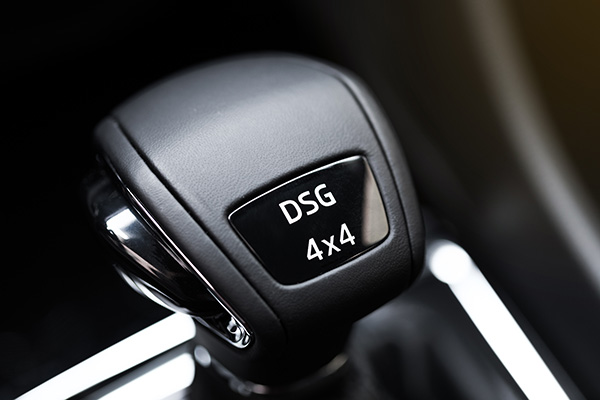Our Blog
Expert belts and hoses repair by GermanTech MotorWorks, LLC in Louisville, KY. Quality auto maintenance to keep your car running smoothly. Visit us today!
Expert transmission repair in Louisville, KY. Trust GermanTech MotorWorks, LLC for all your auto care needs. Schedule an online appointment now.
Discover expert oil change services at GermanTech MotorWorks in Louisville, KY. Ensure peak performance and longevity for your vehicle. Schedule an online appointment now.
Enhance your auto A/C knowledge with GermanTech MotorWorks in Louisville, KY. Learn expert tips & insights on automotive cooling systems. Schedule an online appointment now.
Discover expert insights on check engine lights at GermanTech MotorWorks, LLC in Louisville. Keep your vehicle running smoothly. Visit us today!
Discover expert brake care tips from GermanTech MotorWorks in Louisville, KY. Ensure your safety with our professional insights. Schedule an online appointment now.







